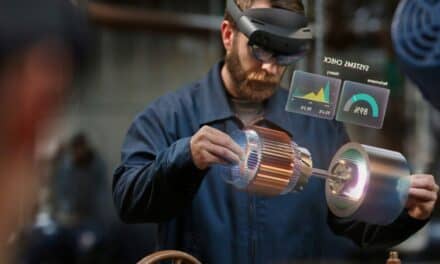Hand-held devices are now available in a spectrum of cool colors, but are they sufficiently rugged and practical for service applications? Indeed! While they can’t replace laptop computers for everything, personal digital assistants are being linked to many leading management packages, and coupled with off-the-shelf accessories, they’ll make service smarts spring from the palm of your hand.

Personal digital assistants (PDAs) are fast emerging as an effective tool for the mobile user. PDAs are no longer simply digital repositories of addresses and phone numbers; they are moderate-end, self-contained computers that, in some instances, may offer the mobile user a very viable alternative to the laptop.
The ABCs of PDAs
PDAs are palm-sized computers. While they can be as unifunctional and proprietary as the “brick” carried by overnight couriers, we’re going to look at PDAs with far greater capabilities. Their specs include the familiar measures of RAM capacity and processor megahertz.
There are two standard platforms for nearly all non-proprietary PDAs: the Palm OS, created by Palm Computing (originally 3Com), and a Windows-based platform created by Microsoft. Major hardware manufacturers using the Palm OS include Palm Technologies, Symbol Technologies, Sony, and Handspring. They use the PowerBall, a 20 MHz microprocessor developed for set-top cable TV boxes and PDAs. They come with up to 8 MB of RAM.
Microsoft has made several major changes to its PDA operating system, at one point called Windows CE, during the past three years. The current iteration operates on hardware that is generically referred to as a Pocket PC. Hewlett Packard, Casio, Compaq, and Symbol Technologies are among the companies selling Pocket PCs, in configurations with x86 processors of up to 200 MHz speeds and up to 32 MB of RAM. The difference in specs is a bit misleading, since much of the Pocket PC’s resources are absorbed by Windows.
A simple Palm device can be purchased for $150. Pocket PCs start in the $400-500 bracket. Typical PDAs sold for service applications are rebranded units manufactured by one of the industry’s leaders, and there are rugged versions available for industrial use. For example, test equipment manufacturer Bio-Tek Instruments sells the ProWORKS Personal Digital Assistant, which is a rugged Palm device manufactured by Symbol Technologies.
To purchase the full text of this article, click here…



